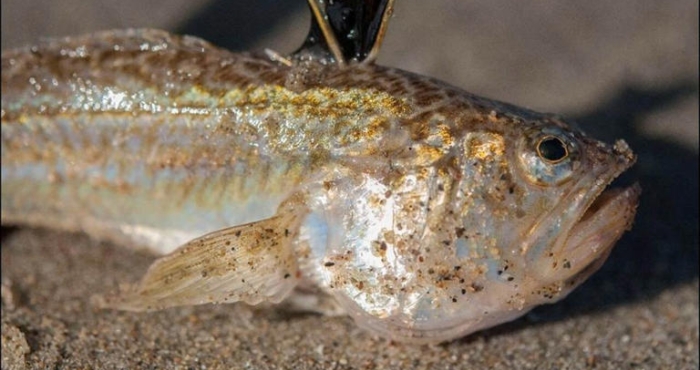

Old cockles and record number of shells at the eighth edition of the Big Seashell Survey
The eighth edition of the Big Seashell Survey was a record-breaking event. No fewer than 3,500 participants scoured 400 km of coastline in northern France, Belgium, and the Netherlands, collecting and identifying nearly 150,000 shells from 72 different species. This year, the differences between the three countries were less pronounced, with the cut trough shell ranking as the most frequently found species across all regions. The Atlantic jackknife clam, the banded wedge shell, and the common cockle consistently appeared in the top five. A one-time focus on the cockle in Belgium revealed that most of these shells originated in a distant past, with only a handful of live populations remaining in the shallow continental North Sea.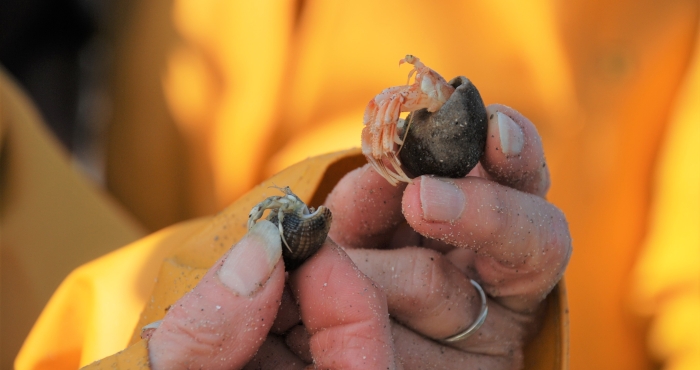
SeaWatch-B citizen science data confirm climate change
The first report "What is the state of the North Sea?" by the LifeWatch citizen science project SeaWatch-B shows that the Belgian North Sea is affected by human activities, more in particular climate change. Cold-water species such as the North Sea shrimp are decreasing in number compared to a...
LifeWatch and JERICO-NEXT join forces
Though plankton communities are omnipresent in our oceans, their wavering dynamics remain obscure. The international collaboration of the LifeWatch and JERICO-NEXT projects enabled to study plankton in the southern North Sea with state-of-the-art infrastructure at an optimal coverage.
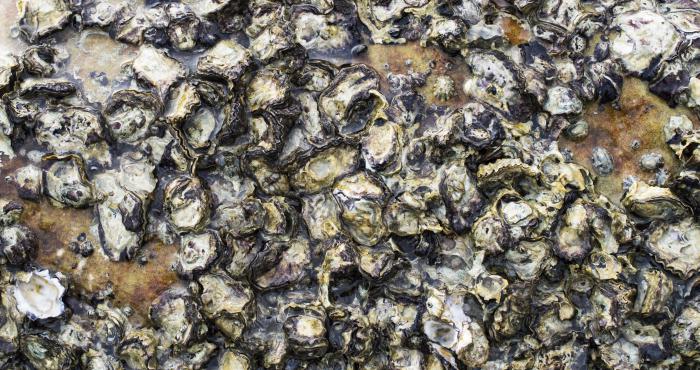
To settle or not to settle? Oyster larvae settlement cues investigated
The inclusion of ecosystem engineers in coastal planning is an approach being considered to mitigate coastal erosion in different environments worldwide. Oysters are reef building and can alter and improve their habitat acting as a barrier for coastal protection by sediment stabilization and wave...
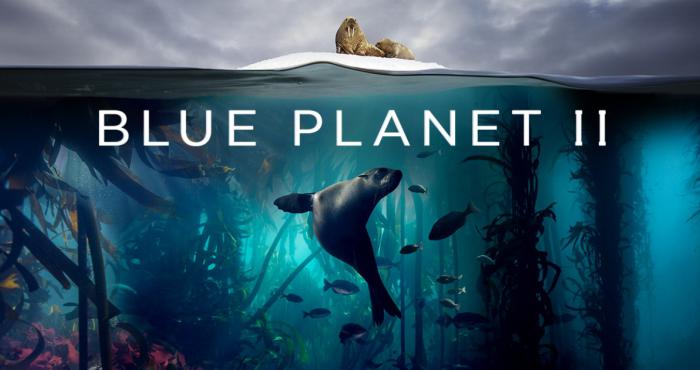
WoRMS featured in Blue Planet II
"Covering almost three-quarters of the Earth's surface, the world’s great oceans are home to an incredibly diverse web of life. The World Register of Marine Species (WoRMS) currently lists just under a quarter of a million species, with new ones being identified all the time. But even as we begin to...
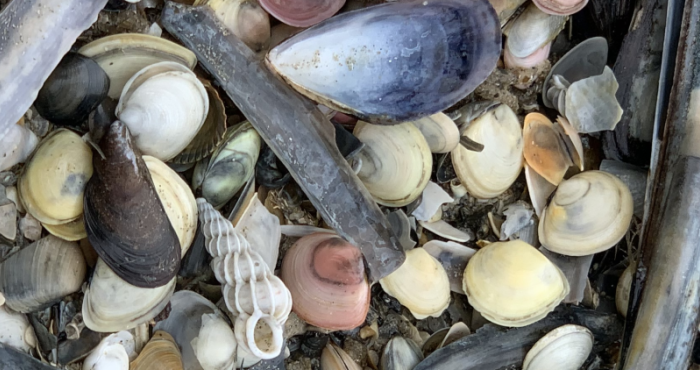
The Big Seashell Survey
Before the Big Seashell Survey started, there was little quantitative information on the species and numbers of shells that wash ashore at the Belgian coast. However, beached shells can say a great deal about climate change, environmental pollution, impact of human activities at sea and changes in...
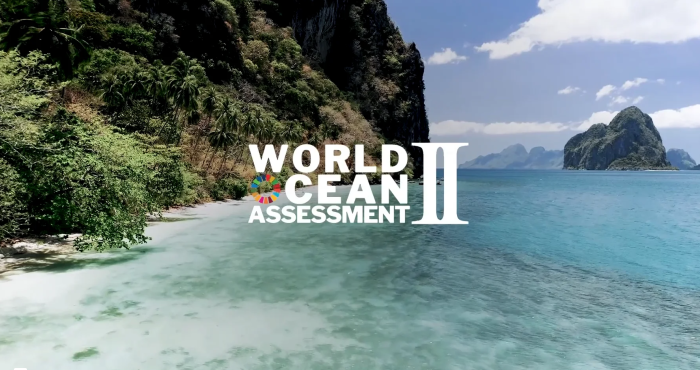
Assessing the state of the oceans
The second World Ocean Assessment – WOA II – is a global exercise by hundreds of marine scientists to evaluate trends and identify knowledge gaps in the world ocean. Two chapters of WOA II have made use of several components of the LifeWatch Species Information Backbone.
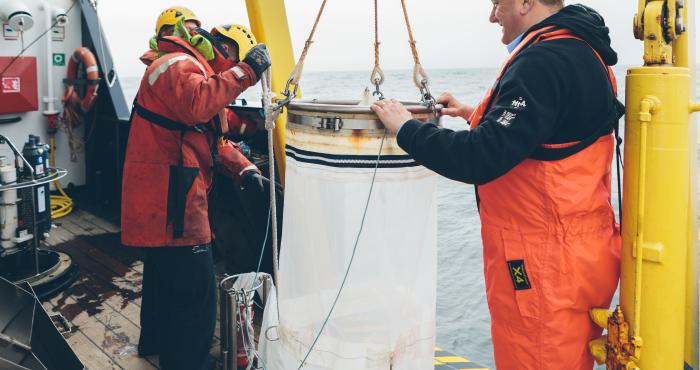
Observing plankton to understand ocean health
Increasing human activities are putting the ocean under stress, threatening the ecological health of marine ecosystems and the services they provide to society. Since plankton are sensitive to changes in environmental conditions and are short-lived, they can be used as early warning systems for the...
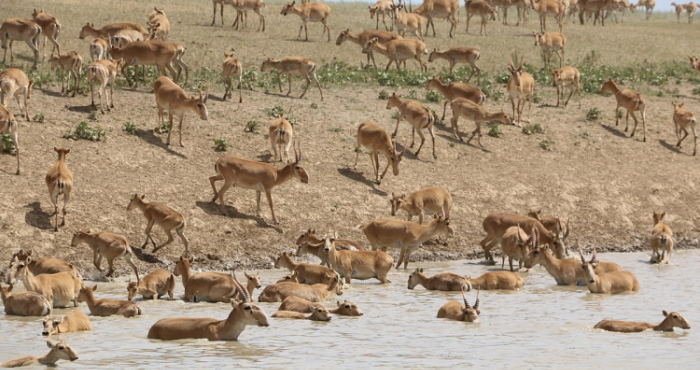
Understanding mass mortality in saiga antelope population
The Saiga antelope is an endangered species that lives in Central Asian steppes and semi-arid regions. Scientists around the world are working tirelessly to prevent it from becoming completely extinct. Every year, they migrate approximately 500 km from north to south, and back. In 2015, roughly 60%...